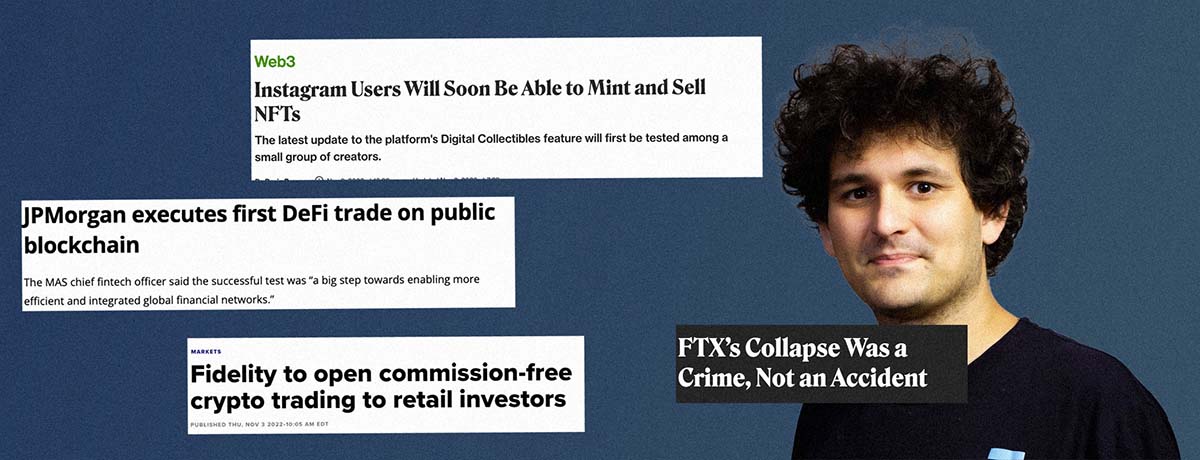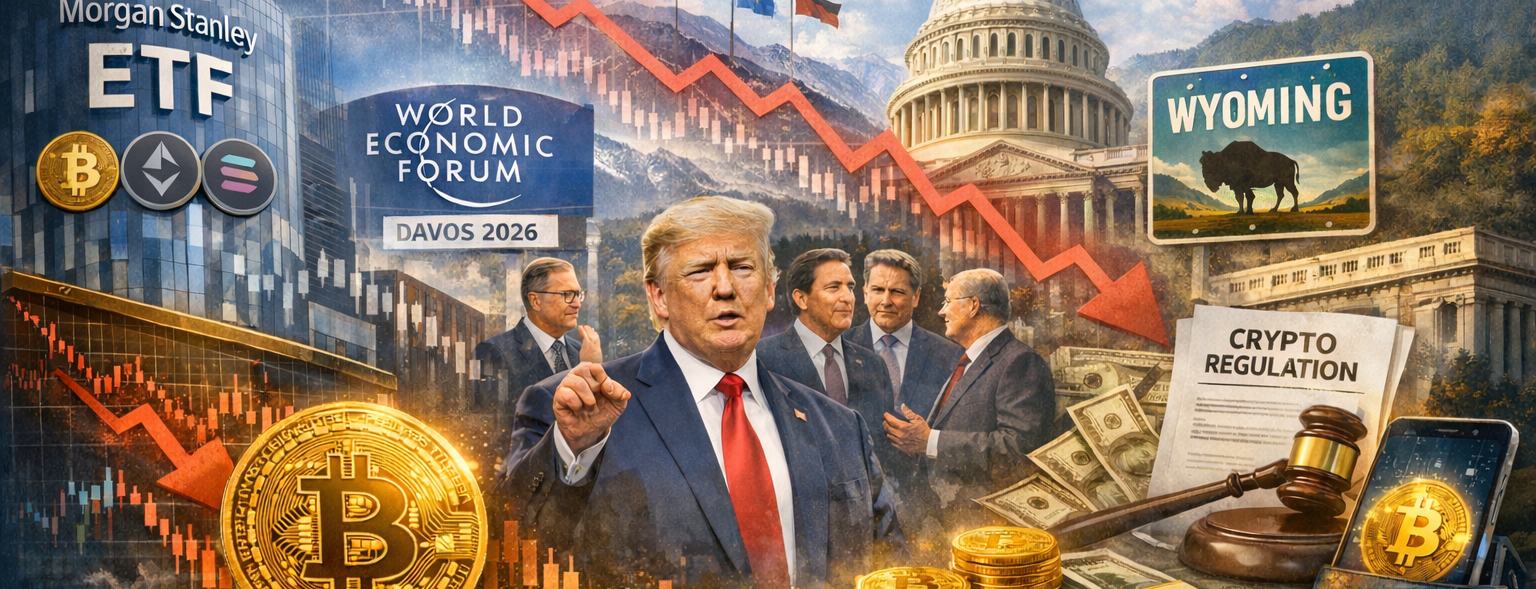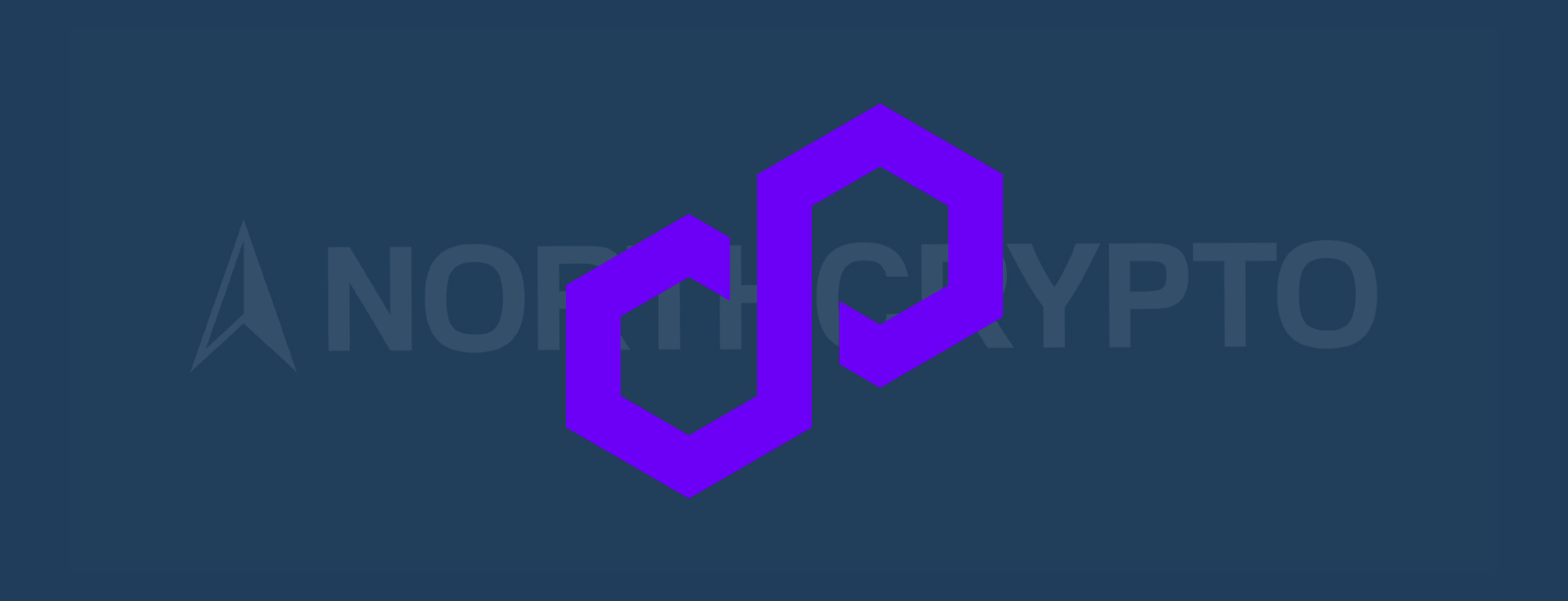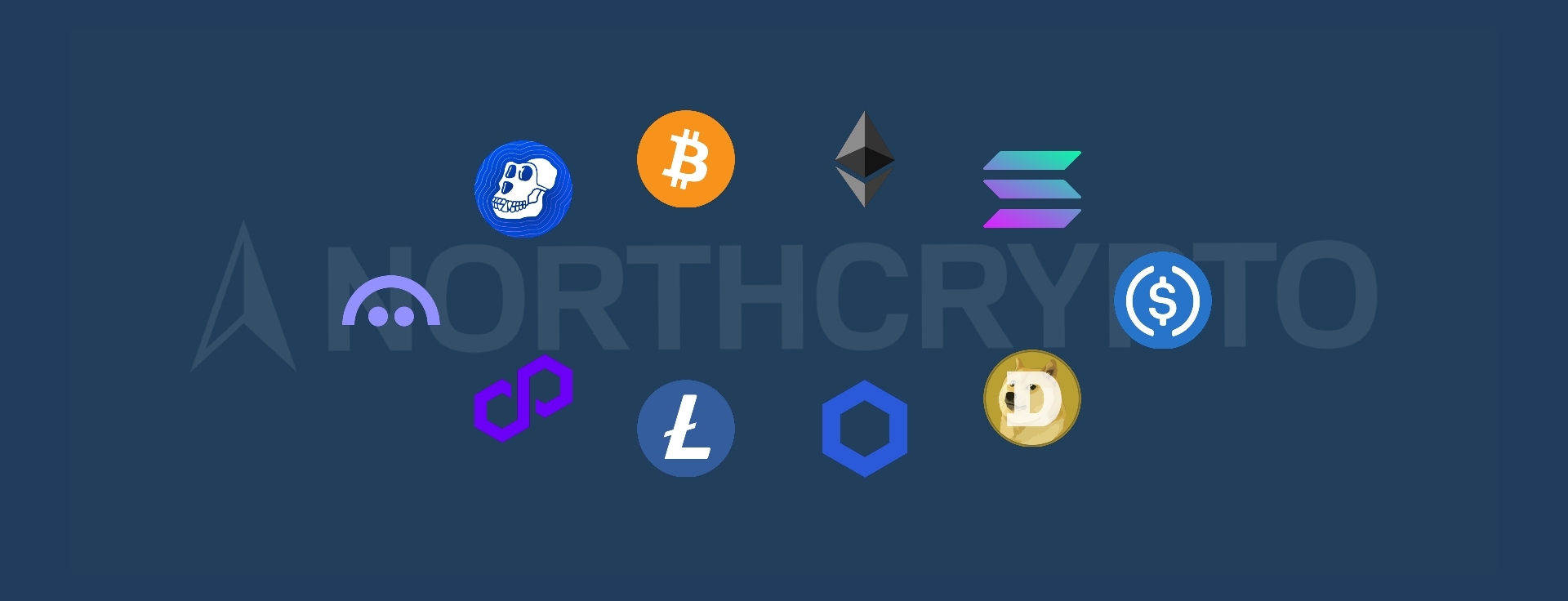
This monthly report reviews the most important cryptocurrency news in November. In particular, the report delves into FTX collapse and its effects, Fidelity's cryptocurrency trading service, Brazil's decision to make cryptocurrencies an official payment method, JPMorgan's DeFi transaction, and Instagram's decision to bring Polygon's NFTs into its service.
November in cryptocurrency market
The prices of cryptocurrencies were mostly down in November. The drop in prices was largely due to the collapse of the cryptocurrency exchange FTX and its impact on other cryptocurrency players. However, of the cryptocurrencies offered by Northcrypto, there was one significant gainer, Litecoin, whose price shot up more than 35 percent in November. The price increase was driven by, according to Cointelegraph, money transfer service MoneyGram’s announcement to add Litecoin alongside Bitcoin and Ethereum to its service, as well as impending Litecoin block reward halving next summer.
The prices of other cryptocurrencies offered by Northcrypto were falling in November. Polygon and Chainlink survived with the smallest drop, prices dropping by about two and seven percent. The prices of Bitcoin and Ethereum fell just over 20 percent, while the price of Aave decreased by about 25 percent.
FTX collapse and its effects
The most significant news of November, and possibly of the whole year, was the collapse of the cryptocurrency exchange FTX. FTX, its subsidiaries, and cryptocurrency investment company Alameda Research filed for bankruptcy on the 11th of November. The collapse of FTX was influenced by several factors and events, which will be briefly covered next.
The price of the FTX exchange's FTT token plunged on the 8th of November, resulting in significant problems for at least two reasons. Alameda Research, which was strongly linked to the FTX exchange, had a significant part of its balance sheet in FTT tokens. In addition to this, FTX had probably used FTT as collateral for its loans. Another significant problem was how FTX dealt with client funds. FTX had probably lent client funds to Alameda, which had used those funds for trading. As word of FTX's problems spread, several FTX customers began withdrawing their funds from FTX. Soon after, FTX stopped offering withdrawals on the 10th of November, as it did not hold sufficient client funds.
FTX collapse had an impact on several cryptocurrency players. At this point, it is also important to point out that the collapse did not affect Northcrypto's marketplace, customer assets, or Northcrypto Oy. The most significant players facing problems, according to information from the end of November, are BlockFi and Genesis Global Trading. U.S. cryptocurrency lending service BlockFi filed for bankruptcy at the end of November. The bankruptcy of BlockFi can be seen as the result not only of the collapse of FTX but also of problems with cryptocurrency investment firm Three Arrows Capital, which filed for bankruptcy earlier this year.
Another major player in trouble was the cryptocurrency lending service Genesis, which is one of the most significant players in the cryptocurrency market for institutional players. After the collapse of the FTX, Genesis announced that it would temporarily suspend the issuance of new loans as well as withdrawals of client funds.
Fidelity launched a cryptocurrency trading service
Fidelity Investments, one of the world's largest asset managers, started offering cryptocurrency trading services to its retail customers in late November. Fidelity's trading service Fidelity Crypto makes it possible to trade two of the largest cryptocurrencies by market cap, i.e., bitcoin and Ethereum (ether). According to Fidelity, the purpose of the service is to meet customer demand, as a significant number of the asset manager's clients are interested in and own cryptocurrencies. Fidelity has approximately 40 million customers and manages nearly €4 trillion in assets.
Cryptocurrencies to become an official payment method in Brazil
Brazilian lawmakers passed a law in November that makes cryptocurrencies an official payment method in the country. Now the law is only waiting for the signature of Brazilian President Jair Bolsonaro. The law defines cryptocurrencies as a digital representation of value that can be negotiated or transferred electronically and used for payments or as an investment. However, the law does not make, for example, bitcoin, legal tender, which is the case in El Salvador. Brazil has a population of about 215 million people, making it the largest country in South and Central America.
JPMorgan completed the first transaction utilizing DeFi
JPMorgan, the largest U.S. bank, carried out the first transaction utilizing decentralized finance (DeFi) services and public blockchain. The transaction was carried out as part of the Bank of Singapore MAS's DeFi pilot program, which involved, in addition to JPMorgan, for example, the largest bank in Singapore, DBS Bank. The pilot program explores how traditional economic operators can make practical use of tokenized funds and DeFi protocols to execute transactions.
The cross-border transaction of the pilot program was carried out in the blockchain scalability solution Polygon's network. The transaction utilized a modified version of the Aave Arc lending protocol, which is aimed at institutional actors. According to Sopnendu Mohanty, Chief Fintech Officer at the Bank of Singapore, the transaction was a big step towards more efficient financial networks and showed that cryptocurrencies and DeFi have the potential to transform capital markets.
Instagram bringing Polygon NFTs to its service
Meta, the tech giant behind Facebook, Instagram, and Whatsapp announced that it will soon be possible to mint, i.e., create, showcase, and sell NFTs on the social media service Instagram. All this is made possible with Polygon blockchain’s NFTs. Initially, Instagram will test the feature on selected U.S. users, and then the goal is to expand the feature to users in other countries as well. Instagram is one of the most popular social media services and has more than 2 billion active monthly users.
Summary
The collapse of FTX will go down in the history of the cryptocurrency market as one of the biggest, most surprising, and fastest-advancing events. It is also likely that the misconduct that led to the collapse, as well as the cases of the FTX's creditors, will continue for years to come. As has already been noticed, the collapse has directly affected several cryptocurrency players as well. Another significant impact is likely to be the increased desire of legislators to create a new, broader regulation of cryptocurrencies relatively quickly. However, it is also worth noting that the collapse has not affected, for example, the operations of cryptocurrencies offered by Northcrypto.
Despite the roughly year-long downturn in the cryptocurrency market, several institutions and countries are currently increasingly interested in cryptocurrencies. A good indication of this is the measures taken by Fidelity, one of the world's largest asset managers, and Brazil, one of the world's largest countries. With its trading service, Fidelity wants to meet the demand of its clients, as well as probably also answer to the world's largest asset manager BlackRock, which started to offer cryptocurrency services in the fall. The bill advancing in Brazil, to legalize the status of cryptocurrencies as a payment method, reflects the ever-growing interest of people and businesses in using cryptocurrencies as a payment method.
JPMorgan, Bank of Singapore, and DBS Bank's pilot program exploring the possibilities of DeFi is a great demonstration of some banks' faith in the future potential of decentralized finance. Both the pilot program and Instagram's decision to leverage the Polygon blockchain are a clear follow-up to the positive news about Polygon that has appeared over the past six months. It is possible to read more about those on the Monthly reports of July and September.
Ville Viitaharju
Cryptocurrency specialist
Last updated: 09.02.2023 12:49




